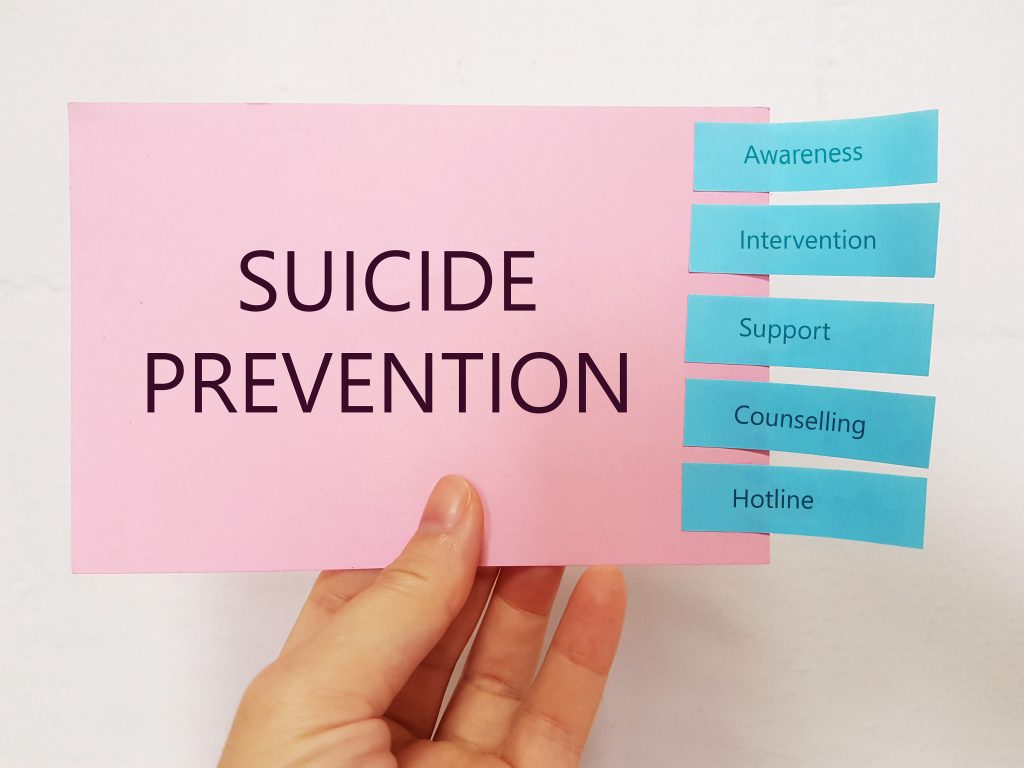10 Minutes
CONTENTS
Active suicidal ideation involves clear and precise ideas about suicide or plans to commit suicide. But suicidal ideation can also adopt a passive or less-defined form. Perhaps you do not have a formal plan for your death, but you:
- Frequently contemplate death and dying
- Have considered several ways to die
- Consider yourself unworthy of life
- Wish you could just give up and die
Constant thoughts about death and suicide, either active or passive can make you feel burdened, despondent, and unclear of where to find support.

Additionally, discussing these feelings can be difficult. For one, you may not know how to begin sharing them with others. And you may also be concerned about their possible responses:
“Why would you desire to die? You have a successful career, a significant other, and a lot of people who care about you.”
“But you aren’t depressed.”
“I can’t believe you would subject your family to such suffering.”
Many people are unaware that suicidal ideation is fairly prevalent. Based on the data from the Center for Disease Control and Prevention, 12 million adults in the United States had serious suicidal thoughts in 2019.
These ideas can also occur in the absence of depression or any other mental health condition. Frequently, suicidal thoughts indicate that you are suffering more misery and pain than you can handle.
So how to stop feeling suicidal? Suicidal thoughts may arise when you cannot see a way out of your sorrow, which is a reasonable reaction to grief and misery. However, you do have many options for receiving assistance with managing these significant suicidal thoughts.
FAQs
Resource References:
- Are you feeling suicidal? HelpGuide.org. Available at: https://www.helpguide.org/articles/suicide-prevention/are-you-feeling-suicidal.htm.
- Suicide ideation: Symptoms, causes, prevention, and resources. Medical News Today. MediLexicon International. Available at: https://www.medicalnewstoday.com/articles/193026#getting-help.
- Kerr, M. (2021) Dealing with suicidal thoughts, Healthline. Healthline Media. Available at: https://www.healthline.com/health/depression/suicidal-thoughts#getting-help.
- What is suicidal ideation? Verywell Mind. Available at: https://www.verywellmind.com/suicidal-ideation-380609.
A UNIQUE METHOD TREATING Mental Health
a successful and proven concept focusing on underlying causesMental Health TREATMENT LASTING APPROACH
0 Before
Send Admission Request
0 Before
Define Treatment Goals
1 week
Assessments & Detox
1-4 week
Psychological & Holistic Therapy
4 week
Family Therapy
5-8 week
Aftercare
12+ week
Refresher Visit
Mental Health Insights
latest news & research on Mental Health
Mental Anguish
Mental anguish, a severe and extreme type of emotional pain, can cause profound and extensive effects on the life of a person
read more


































































